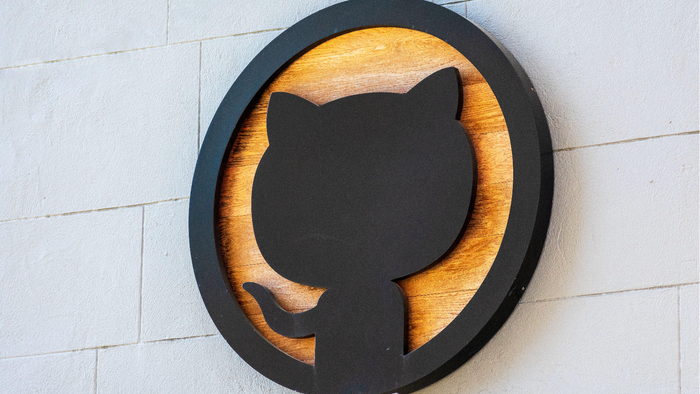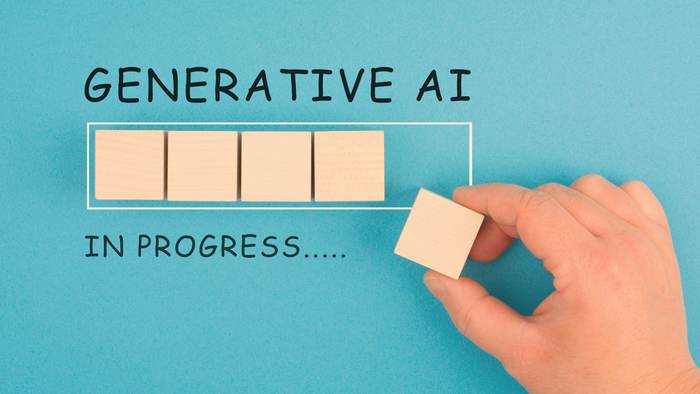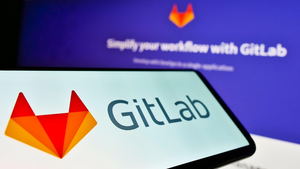Software Development
More Topics
GitHub logo
Software Development
GitHub Innovation Graph Update Reveals Digital Divide, AI GrowthGitHub Innovation Graph Update Reveals Digital Divide, AI Growth
GitHub's Innovation Graph for Q1 2024 finds a growing AI interest among developers and continued U.S. and EU dominance in software collaboration.
Sign up for the ITPro Today newsletter
Stay on top of the IT universe with commentary, news analysis, how-to's, and tips delivered to your inbox daily.




.jpg?width=700&auto=webp&quality=80&disable=upscale)





.png?width=300&auto=webp&quality=80&disable=upscale)






.jpg?width=300&auto=webp&quality=80&disable=upscale)




.jpg?width=300&auto=webp&quality=80&disable=upscale)




















.jpg?width=700&auto=webp&quality=80&disable=upscale)


_(1).png?width=700&auto=webp&quality=80&disable=upscale)

.png?width=700&auto=webp&quality=80&disable=upscale)